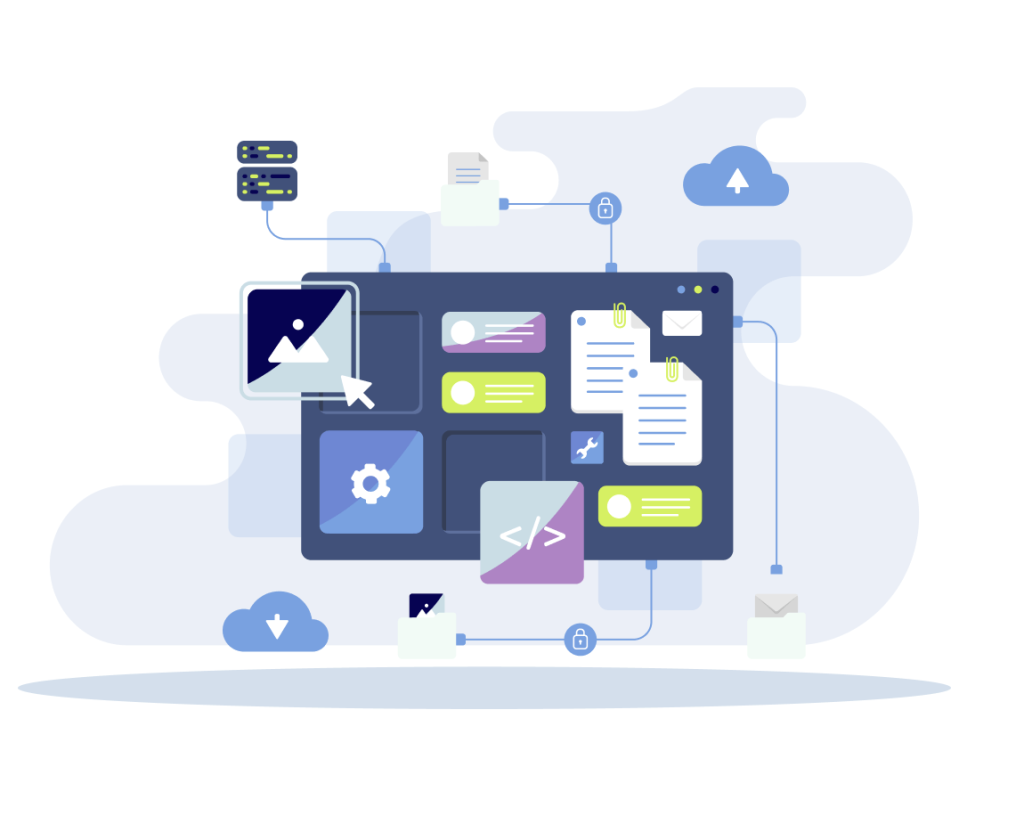Making a Case for Codeless API Automation Testing – 3 Key Benefits

Most organizations see testing as a complex activity that, if given a choice, many would like to avoid. Unfortunately, this choice doesn’t exist, and software testing is critical to any software development lifecycle. By 2030, the global testing market is expected to reach US$ 57 billion. This figure illustrates the significance of testing and its place in the development ecosystem.
But there is a problem. A survey conducted amongst the QA organizations Qyrus works with made some interesting revelations concerning API testing. 78% of respondents said it is complex, 65% of respondents were dependent on a manual approach to API testing, while 23% relied on semi-automated testing to get the job done. Testing complexity, its time-consuming nature, and its tendency to be error-prone is a direct outcome of legacy testing driven by manual test software, semi-automated or even code-backed automation testing.
It is time organizations moved to codeless API testing to overcome the challenges of API testing and stopped depending on a testing ecosystem that offers diminishing returns. The most significant benefit of codeless automation testing is that it helps organizations shift left, which fits perfectly within the agile development framework.
Here are three big benefits of adopting an advanced API testing strategy and which improve testing ROI:
- Simplified and Accelerated Testing
“Writing reams of code”.
This is what stares at testers when they leverage a legacy or an ordinary automated testing approach. Every aspect of API testing, whether it is onboarding APIs, executing tests and more, requires coding, which can endlessly delay the testing process, especially if an organization is working with an inexperienced team of testers, outdated API tools for testing, or a lean team saddled with other responsibilities.
As the name suggests, codeless automation testing takes the effort out of API testing, improving the testing cycle’s efficiency, and speeding up the testing process. It also helps push testing at the early stages of the development lifecycle and reduces dependency on error-prone coding efforts. In addition, a point-and-click, drag-and-drop interface helps design end-to-end tests with desired response parameters and the ability to easily add assertions to increase test coverage, improve build efficiency, and speed up testing cycles.
2. Test APIs Together in a Chain
Testing an individual API is good; testing the functionality of multiple APIs together in a chain is an even better API testing strategy because that’s how APIs work in a real-world scenario. APIs are essential components that facilitate information sharing between applications and processes, and organizations must be absolutely sure the complex business flows central to the organization’s functioning are performing as per desired expectations.
A codeless API automation testing toollike Qyrus helps test the functionality of APIs in a chain by passing data received in one response from an API to another, stringing requests together in a chain. The time taken to create such tests is significantly reduced, as Qyrus enables testers to import previously built tests and integrate tests with CI pipelines to test APIs upon build. The benefit is that bugs can be detected early, allowing organizations to meet release deadlines quickly.
3. Leverage Reusability for Performance Testing
The key to a high-performance API is performance testing, and this can be difficult at the best of times. If an organization uses a legacy testing approach, testers will have to spend a good deal of time changing attributes, data or values within test scripts to build performance tests for multiple use cases. With codeless test automation, reusability of tests enters the picture. Test scripts from functional testing can be used to conduct performance tests across various use cases without changing attributes, data or values and without having to write code. This helps save a lot of valuable time and resources. Testers can quickly generate loads with minimal effort and benefit from detailed reports on API performance.
Qyrus offers end-to-end performance testing, which delivers a holistic view of the performance of the entire process or flow, meaning testers test the response of an API and the API flow.
Organizations must focus on unlocking business value with ROI-driven API testing.
An automated API testing strategy will not only increase the speed, efficiency, security, and quality of testing, but also deliver sustainable and tangible long-term benefits to the overall software development life cycle and improve resultant software outcomes.






